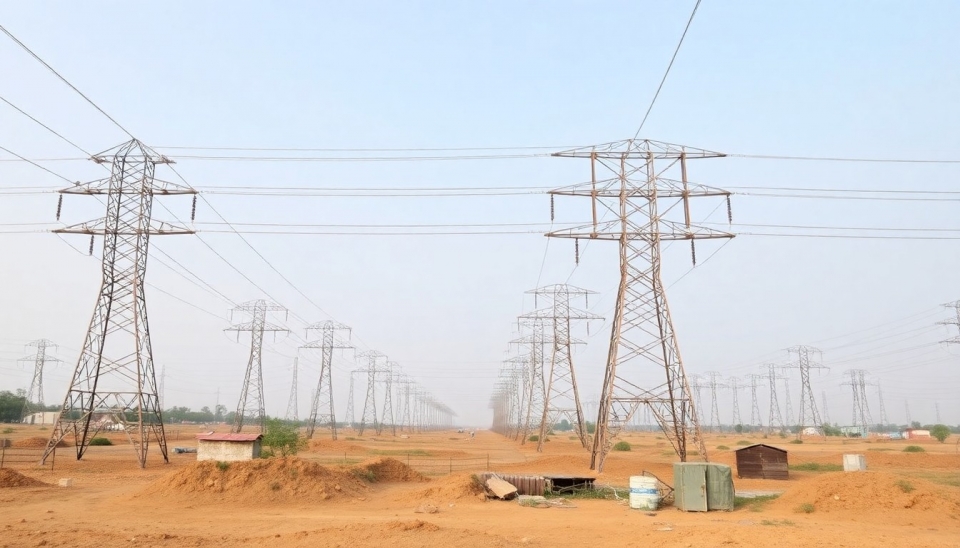
In an ambitious move to modernize its power infrastructure, India is seeking to attract $107 billion in private capital aimed at expanding its electricity grid. This initiative comes as part of the government’s broader effort to enhance energy access across the nation and bolster the reliability of its power supply amid growing energy demands.
As the world’s third-largest emitter of carbon dioxide, India is also focusing on integrating renewable energy sources into the grid to mitigate environmental impacts. The country has set a target to achieve 50% of its energy needs from non-fossil-fuel sources, which further emphasizes the urgency of expanding and modernizing its electricity grid.
The proposal for private investment is part of the Power Ministry's draft policy which is currently in circulation for feedback. The government envisions private sector participation not only in developing traditional power transmission lines but also in advanced technologies involving smart grids and energy storage systems. These innovations aim to enhance the efficiency and reliability of electricity supply, which is crucial for sustaining economic growth.
To facilitate this massive undertaking, the government has laid out specific incentives for private investors. These include funding mechanisms, regulatory reforms, and simplified approval processes designed to streamline participation in grid expansion projects. By making it more attractive for private companies to invest, India hopes to leverage their expertise and resources to modernize the energy sector.
In light of the growing energy crisis and the increasing unpredictability of climate change, this initiative is seen as both a challenge and an opportunity. By tapping into private investment, India not only aims to enhance its grid capabilities but also to create a more resilient and sustainable energy landscape for the future.
Industry experts have pointed out that attracting such a significant sum in private investment will require a robust framework for company participation and risk mitigation. Stakeholders across the energy sector are eagerly watching the government’s next moves, as the successful implementation of this plan may set a precedent for large-scale infrastructure projects in other sectors across India.
This extensive grid expansion is also aligned with India's commitment to the Paris Agreement, which aims to limit global warming. As the country looks to ramp up its renewable energy capacity, the transition will involve not only the installation of renewable generation but also the necessary enhancements to the grid to accommodate such systems effectively.
With an ambitious plan set in motion, India is gearing up for a significant transformation within its energy sector, positioning itself as a leader in the fight against climate change while simultaneously addressing its growing power needs.
As discussions progress and feedback is gathered from various stakeholders, the urgency for Action within the next few years remains paramount, ensuring that the upcoming decades can witness a major leap forward in India's energy landscape.
Stay tuned as developments unfold regarding this monumental effort to revolutionize India's power infrastructure.
#India #Energy #PowerGrid #PrivateInvestment #Sustainability #RenewableEnergy #ClimateChange #Infrastructure
Author: John Miller




